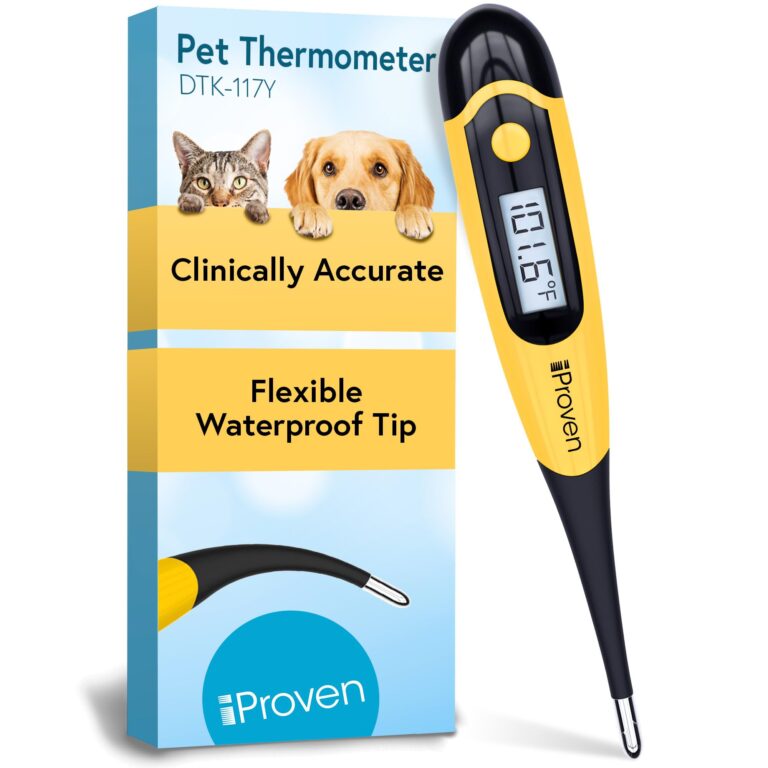Understanding Canine Body Language for Better Health

Understanding Canine Body Language for Better Health
Exercise Requirements
Regular exercise is important for maintaining a dog’s overall health. The amount of exercise your dog needs depends on their breed, age, and size. A daily walk or light jog can help prevent obesity, improve cardiovascular health, and promote mental well-being. Engaging in activities such as playing fetch or taking them to a dog park can also provide necessary socialization opportunities.
Common Health Issues and Their Treatments
Dogs can be prone to various health issues, including allergies, dental problems, arthritis, and obesity. Identifying signs of illness or discomfort is essential for early intervention. Allergic reactions may be treated with medication or dietary changes. Regular dental care, such as brushing their teeth regularly and providing appropriate chew toys, can prevent dental issues. Arthritis can be managed with veterinary-approved pain medications and joint supplements. Obesity can be prevented by maintaining a balanced diet and engaging in regular exercise.
Dental Care
Proper dental care is vital for a dog’s overall health. Plaque buildup can lead to periodontal disease and even affect their heart and kidneys. Regular brushing with dog-friendly toothpaste and providing dental chews or toys can help prevent dental issues. Scheduling regular professional cleanings with a veterinarian is also recommended.
Age-Related Health Changes
As dogs age, they undergo several physiological changes that require special attention. Their energy levels may decrease, making it necessary to modify exercise routines accordingly. Joint problems and arthritis may also become more prevalent, requiring additional joint supplements or pain management strategies. Regular vet check-ups can help identify age-related health issues early on.
Mental Stimulation
Just like humans, dogs need mental stimulation to stay happy and healthy. Engage in activities that challenge their minds, such as puzzle toys or training exercises. Providing them with a variety of toys and rotating them regularly can also prevent boredom.
Preventive Care
Prevention is key when it comes to maintaining a dog’s health. Follow a regular vaccination schedule to protect them from infectious diseases. Use tick and flea preventives to avoid infestations. Regular grooming sessions can help detect skin issues or parasites early. It’s essential to maintain a well-balanced diet and provide fresh water at all times.
Understanding your dog’s body language is important in ensuring their well-being. By paying attention to their exercise requirements, addressing common health issues promptly, providing proper dental care, adapting to age-related changes, offering mental stimulation, and prioritizing preventive care, you can contribute to their overall health and happiness. Remember, regular veterinary check-ups are essential to catch any health concerns before they become severe.







